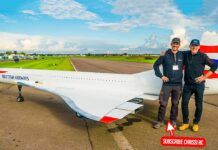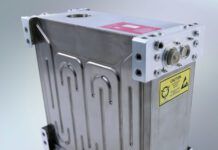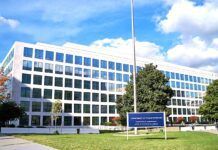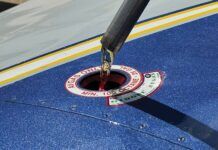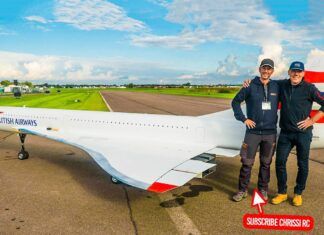Raytheon Aircraft Co., which may or may not be for sale, has come under the Security and Exchange Commissions microscope lately, likely compounding the headaches it’s already enduring in the soft post-9/11 economy. In January, the SEC began to look into how Raytheon Aircraft recognized revenues from 1997 to 2001. The investigation specifically focused on the manufacturers regional aircraft business. The SECs investigations — the third federal inquiry for Raytheon Co. since 2001– focuses on a transaction in October 2001 in which Raytheon took a $693 million charge on its 19-seat commuter aircraft business. In one of its filings, the SEC wrote, “This matter involves violations of Regulation FD by Raytheon through its Chief Financial Officer, (Frank) Caine. Caine selectively disclosed quarterly and semi-annual earnings guidance, the prototypical disclosures Regulation FD aimed to prohibit, to sell-side equity analysts (collectively, the ‘Street’). Caine’s disclosures concerned Raytheon’s estimate of its expected quarterly distribution of earnings per share (‘EPS’) for 2001 overall, and for the first quarter in particular. Specifically, Caine communicated to the analysts that their first quarter EPS estimates were too high.” Caine resigned from Raytheon in April 2000.












